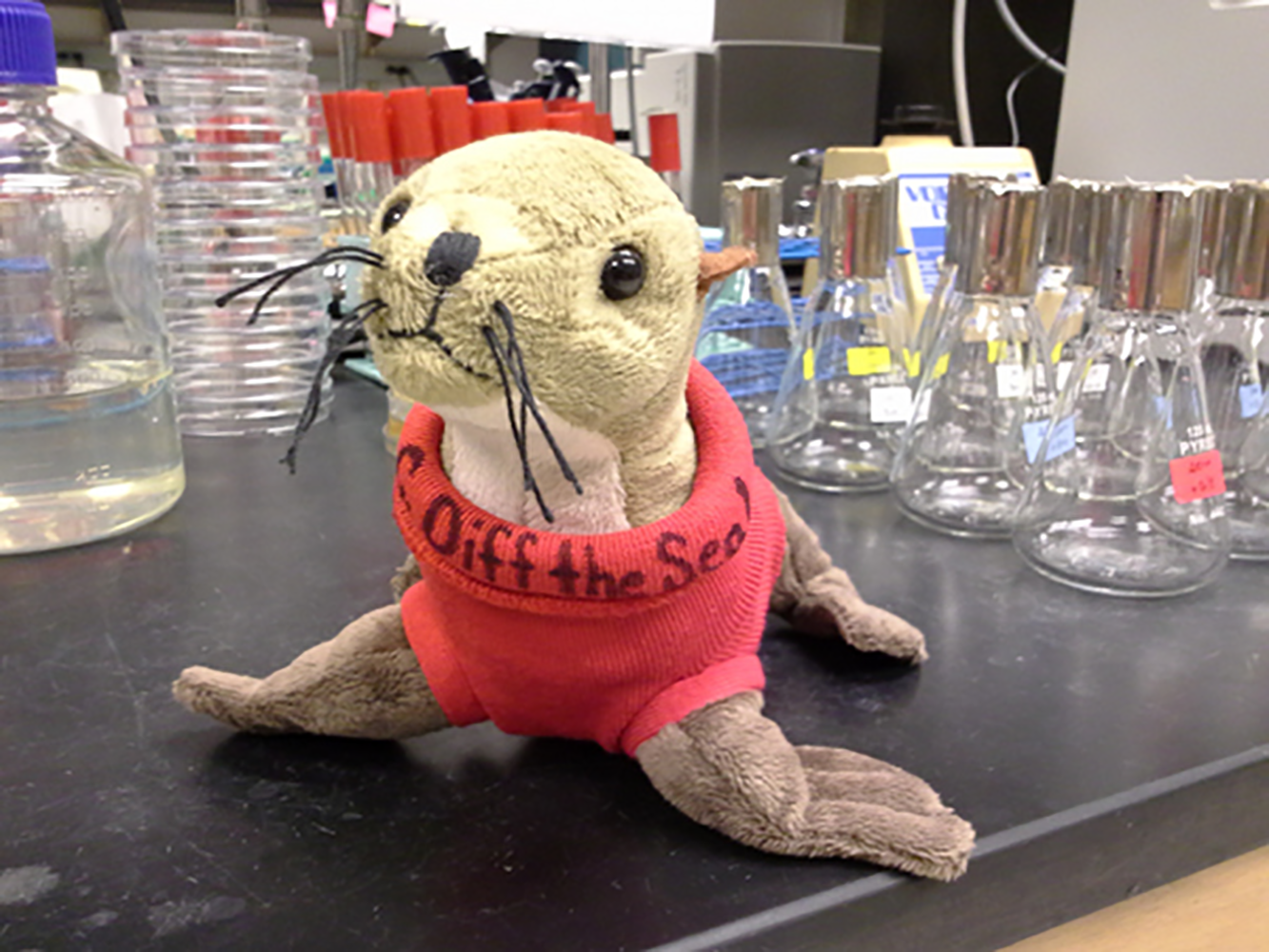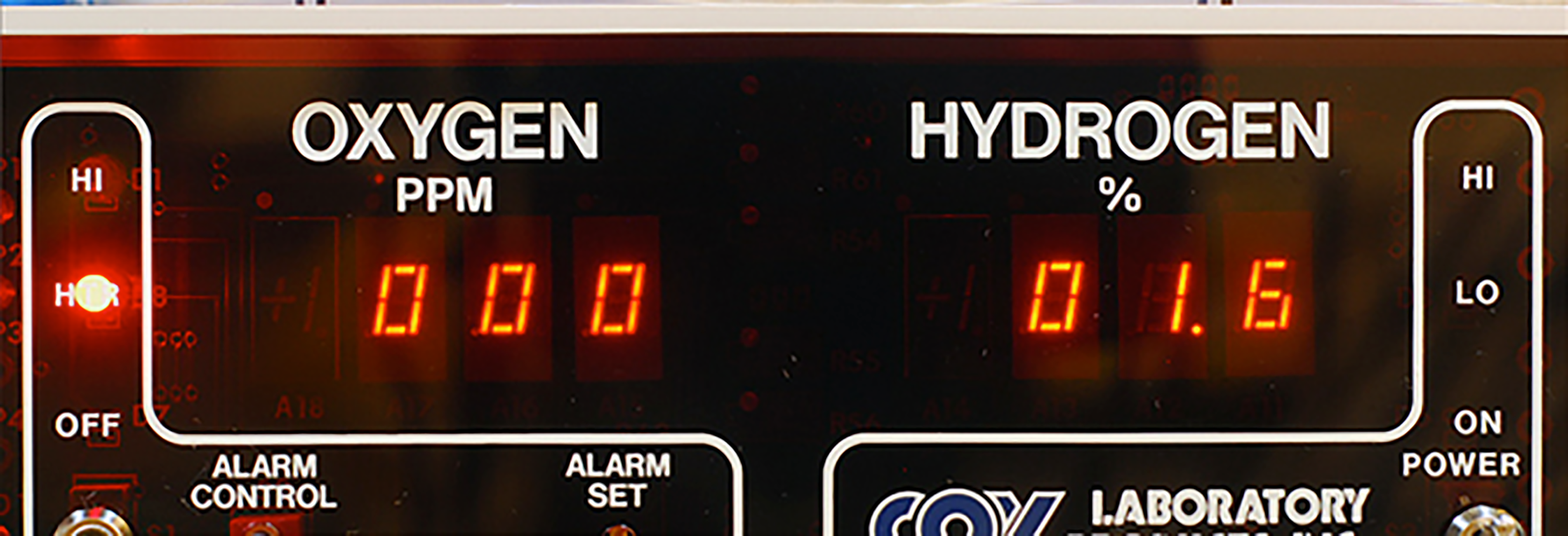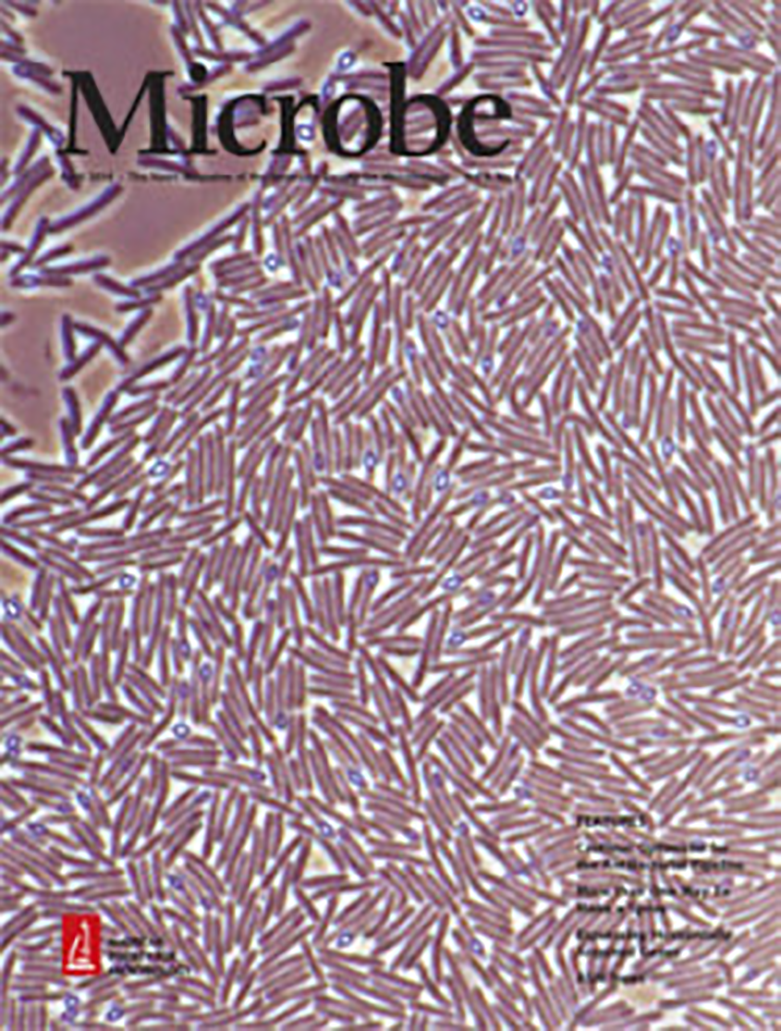Our research is focused on identifying and understanding the genetic mechanisms used by the pathogen Clostridium difficile to subvert host defenses and survive within the mammalian intestine. We study two distinct aspects of C. difficile infections: the resistance of the bacterium to antimicrobial peptides and the formation of dormant spores in the host.
Clostridium difficile

Antimicrobial Resistance

To colonize the intestine and cause persistent infections, C. difficile must be able to circumvent killing by host innate immune defenses. The production of cationic antimicrobial peptides (CAMPs) by the host and the indigenous microbiota represent a critical component of host defense against infections that bacteria must overcome to cause persistent disease. We have evidence that resistance of C. difficile to antimicrobial peptides plays a major role in the ability of the bacterium to colonize the human intestine and cause disease. As such, our laboratory is focused on identifying and understanding the mechanisms that C. difficile utilizes to resist CAMPs produced by the host and the indigenous microbiota of the intestine. To date, we have identified multiple CAMP resistance mechanisms employed by C. difficile, including the novel bacteriocin resistance mechanism, CprABC. By uncovering the bacterial resistance mechanisms that influence disease progression, it is expected that this research will generate knowledge that can be used to manipulate the interactions between the bacteria and the host to prevent and treat infections.
Initiation of Sporulation

C. difficile spreads from host to host as an infectious spore. The only natural environment known to support C. difficile spore formation is the gastrointestinal tract, yet we know very little about how spore formation occurs. Once ingested, C. difficile spores germinate when exposed to bile salts in the intestine, yielding the vegetative form of the bacterium. At some point prior to exiting the colon, these vegetative cells initiate the sporulation pathway and again become spores. Because C. difficile is a strict anaerobe, spore formation is absolutely critical to the survival of the bacterium outside of the host. Our data suggest that sporulation of C. difficile is initiated in response to signals found within the host intestine, through unknown and unique genetic mechanisms. The goals of this project are to identify the genetic mechanisms required for spore initiation and determine how sporulation is initiated in the host. Understanding how C. difficile forms a spore is the first step in the development of rational strategies to prevent spore formation, which would greatly decrease transmission of disease.

